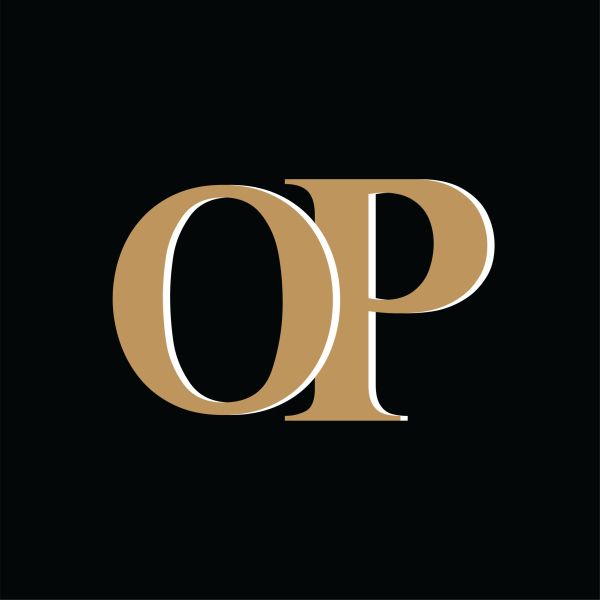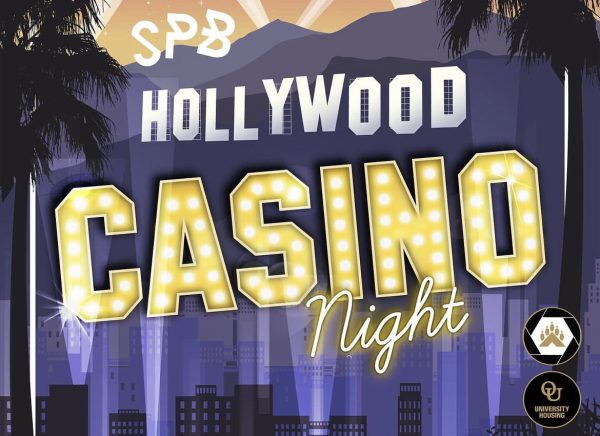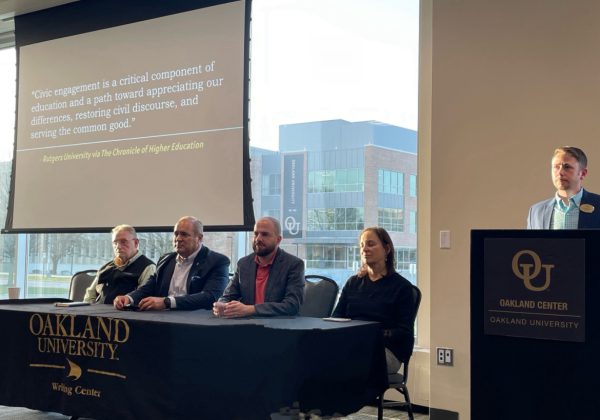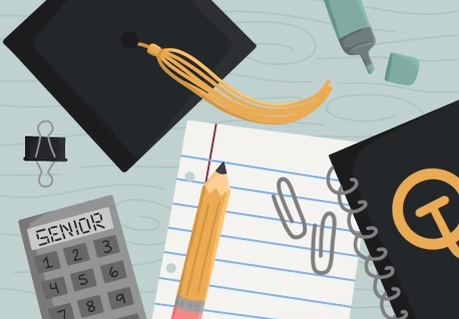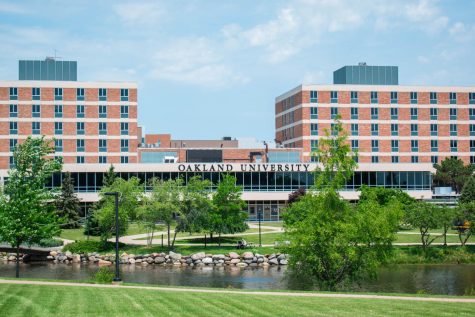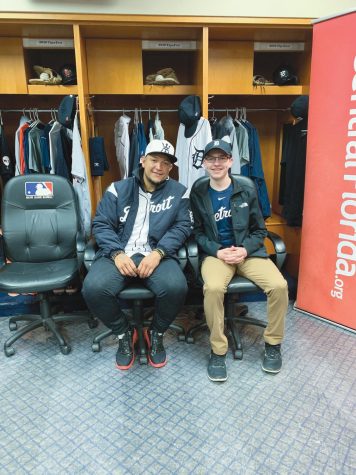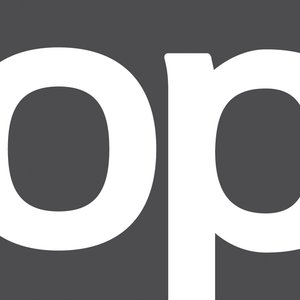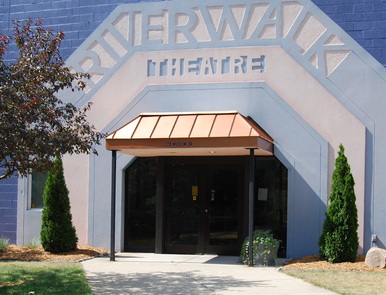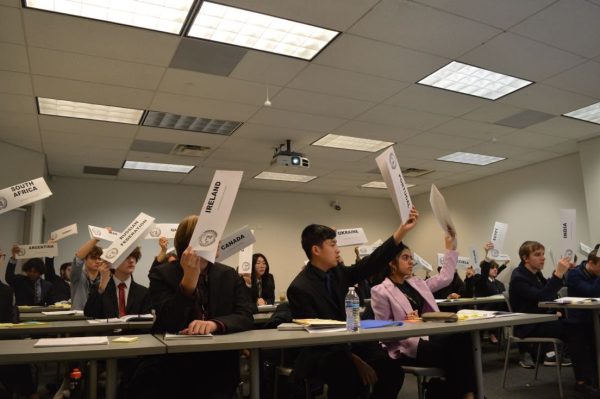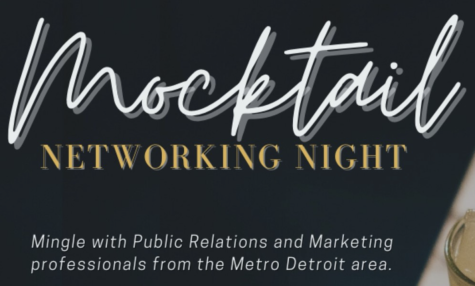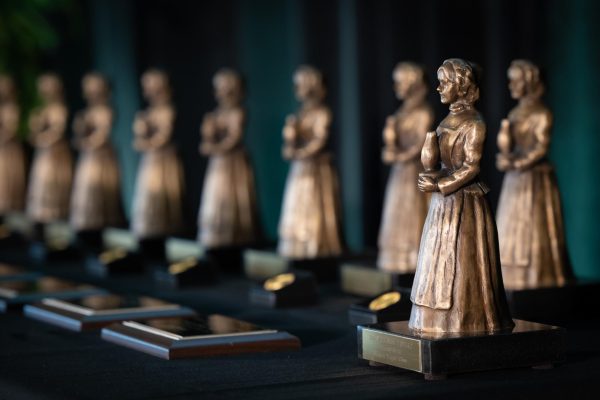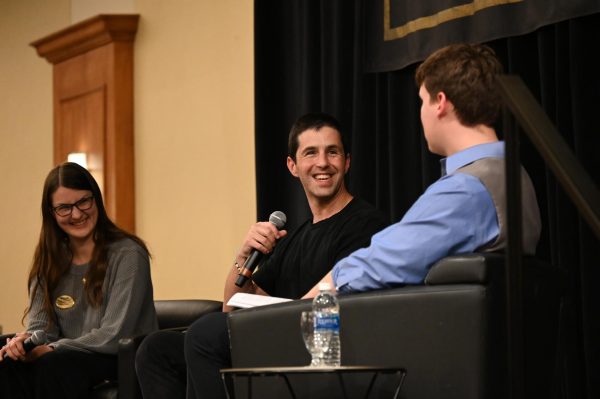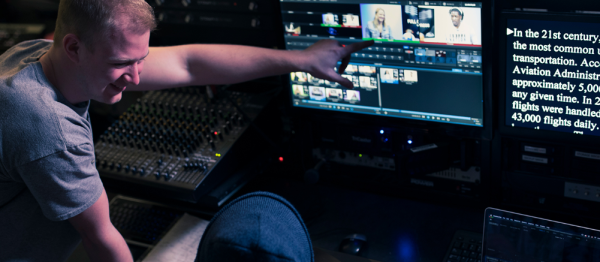OU students get involved with deaf community
Oakland students have the chance to interact with people in their community who communicate primarily through American Sign Language (ASL) in a monthly Deaf Coffee Night.
Drew Marczewski and Jessie Vasquez, both in their first semester of ASL courses at OU, attended the event on March 4.
At first, many of the students communicated with spoken English before being approached by students and deaf people.
By the end of the night, it had turned into people rapidly moving from person-to-person, introducing themselves to one person then another.
“The deaf community is extremely close-knit and they reached out to us students,” Marczewski said.
Vasquez said the hardest part of the night was her limited vocabulary.
“I had the grammar and vocabulary of a two year old [in ASL], so trying to get my point across was hard,” Vasquez said. “But everyone was so friendly and so willing to help.”
One person on campus who uses ASL as a primary way of communication is Tim Johnston, an ASL professor. He’s been teaching ASL at OU for four years.
“As a deaf person and a native signer, a continuing passion to teach and educate others grew as I recognized the benefits to the students and the deaf community,” he said.
Despite his passion for teaching ASL, there is no interpreter program offered at OU, nor is there an ASL degree program at OU. All that is offered is six courses.
“I guess I understand why OU doesn’t have one, since OCC’s program is so great and I can get my feet wet here,” Vasquez said.
Isabella Wilde is a student who is dual-enrolled at OCC and Oakland University, and is part of the sign language program at OCC.
“After completing ASL I, II and III, I officially enrolled as a student in the Sign Language Interpreter (SLI) program at OCC,” Wilde said.
“It’s just a little trickier coordinating the schedules and commutes for the two different institutions.”
Vasquez, Marczewski and Wilde all had one thing in common — their professors were all deaf and used ASL as a primary way of communication.
“Total immersion like that forces you to become more receptive and figure out ways to communicate questions or comments, even when you may not know exactly how to sign it,” Wilde said.
The university also does not recognize ASL as a foreign language, though the Honors College does.
Jeff Youngquist, the chairperson of the communication and journalism department, explained the way in which taking an ASL course fits into courses offered by the university.
“The university does not consider the ASL classes to meet the general education requirement for Foreign Language and Culture,” Youngquist said.
Wilde thought it may be difficult to enact a program at Oakland, but thought it would be beneficial.
“There is a shortage of certified interpreters in Michigan so I think any additional program would be helpful,” she said.
Johnston said that right now, there is a push to get the ASL program to meet the university requirement for meeting the foreign language and vulture general education requirement.
Currently, students who take ASL courses here take them as part of the communication department.
“There is a plan to expand the ASL program if there is enough interest from students,” Johnston said.
ASL courses are offered in the fall through the communication department. Communication majors and Honors College students can use ASL to meet their foreign language requirements.
For students wishing to attend the next Deaf Coffee Night, the event is held on the first Friday night of every month at the Starbucks at Great Lakes Crossing.


